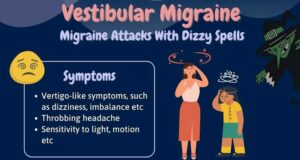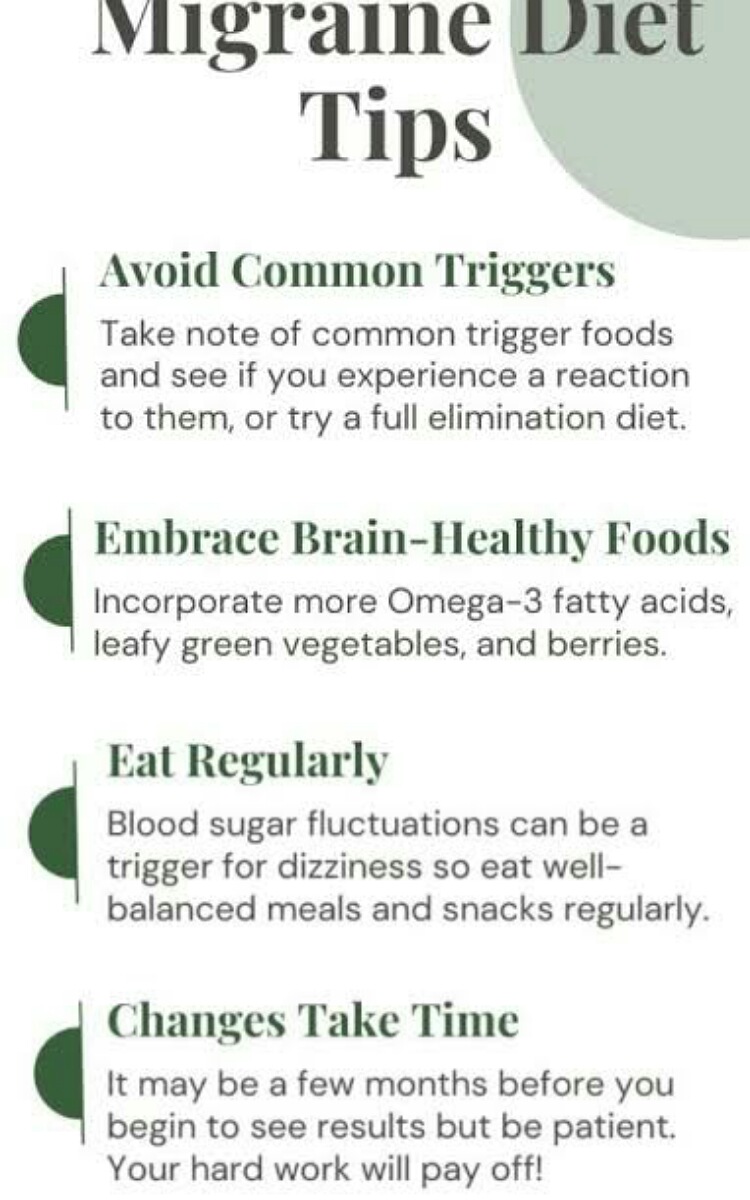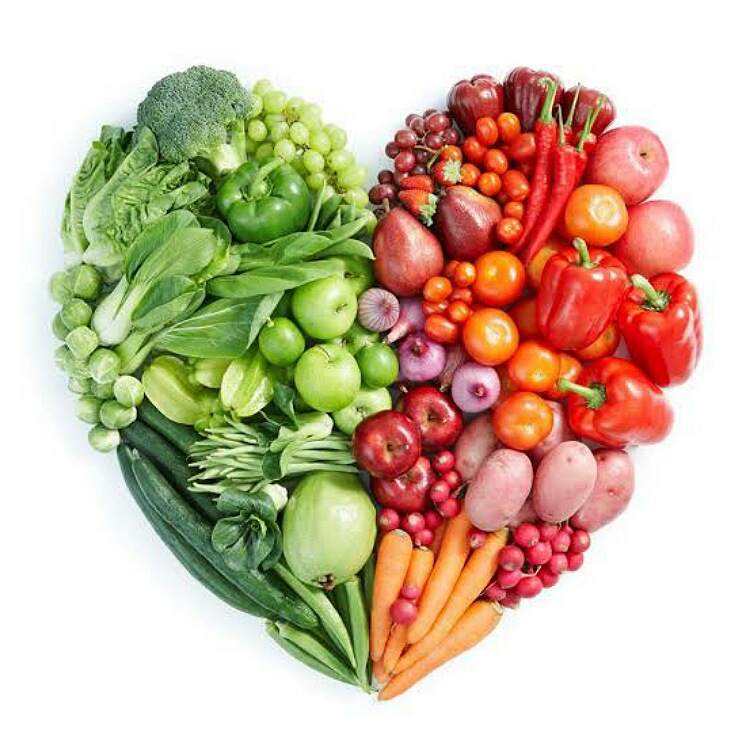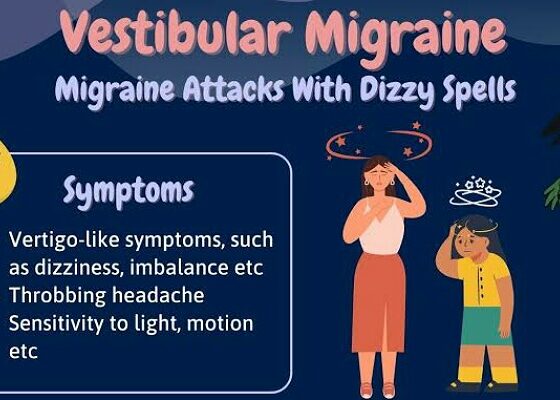Vestibular migraine could be troublesome. It affects females more and genes, environment, lifestyle and diet play a role. Which foods to eat and which to avoid in this condition?
Vestibular migraine
Vestibular migraine is a migraine associated with vertigo. In this, the person feels that the surrounding is moving. He or she does not move but at times may feel it that way too. Headache does not necessarily exist in this condition. There is dizziness, lightheadedness, loss of balance, disorientation, confusion, nausea and vomiting with or without headache.

This condition comes in episodes that last from a few seconds to many hours. Genes are responsible for it. But one cannot alter it. Environment correction to reduce stress, lifestyle changes and dietary changes do help in relief, says research.
What foods to avoid?
There are no particular guidelines for vestibular migraine diet. But generally it is said that the patient should avoid triggers of the episode. This varies from person to person. But the most common precipitating factors are alcohol, chocolate, coffee, processed foods, MSG, artificial sweetener (Aspartame), and red meat. Aged cheeses can also lead to an attack.

These foods have some or all of these compounds in them namely, nitrates, histamine, tyramine and phenylethylamine. These are vasodilatory and cause the throbbing headache and high blood flow to the brain. However, some individuals also get an attack with fasting or skipping of meals.
One has to eliminate the likely trigger for five to six weeks. Follow this with reintroduction phase to see if the attack returns. Introduce a food item every two to three days.
Other foods that can uncommonly cause the condition are citrus fruits, onions, tomatoes, lentils, beans, nuts, seeds, fermented foods, fish, milk, canned soups, carbonated fruit juices and sodas, dips, sauces and salad dressings, vitamins and herbal supplements.
What foods to eat?
Despite the food restrictions, one can still have nutritious and tasty foods. These include fruits (except those that cause you problem), vegetables, whole grains, fish, eggs, unprocessed meat, dairy substitutes, olive oil, flaxseeds, spices, condiments, non-carbonated beverages, herbal teas, decaffeinated drinks, plain water etc. Try to be careful with lentils and beans.

Click the link ahead to read more on 8 headache-causing foods that migraine patients should avoid!
The elimination phase of the diet at the start might appear restrictive. But during this phase try to eat wholesome and balanced with focus on safer food items such as fruits and vegetables (excluding citrus fruits and tomatoes). While you are reintroducing the foods, if you have an attack with it, stop the intake. And if you do not get an attack with a particular food, it is not a trigger for your condition and you can safely consume it.
Have foods on time and do not skip meals. Manage your stress and try to tweak your lifestyle a bit. Have adequate and relaxing sleep. And enjoy open air and fresh air. All these steps would reduce the attacks.
